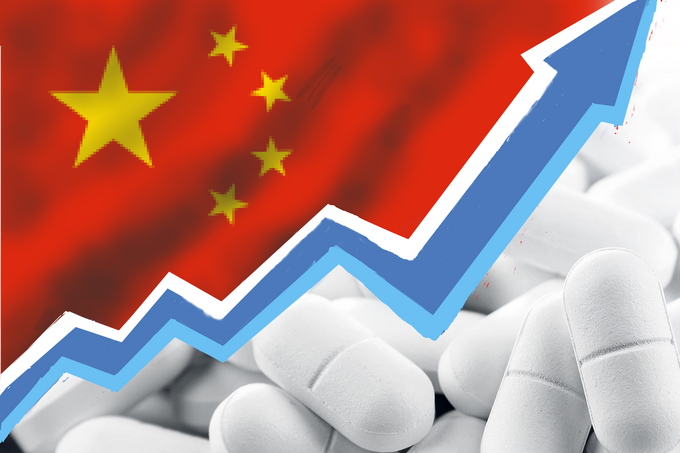U.S. May Curb Chinese Drugs, ONC Shares Drop 6%
According to the New York Times, prominent investors and corporate executives with close ties to the White House — including tech billionaire Peter Thiel, Google co-founder Sergey Brin, the Koch famil
 According to the New York Times, prominent investors and corporate executives with close ties to the White House — including tech billionaire Peter Thiel, Google co-founder Sergey Brin, the Koch family, and staff at the investment firm run by President Trump’s son-in-law Jared Kushner — have argued for a decisive crackdown against what they view as an existential threat posed by China to U.S. biotechnology, according to four people familiar with the matter.
According to the New York Times, prominent investors and corporate executives with close ties to the White House — including tech billionaire Peter Thiel, Google co-founder Sergey Brin, the Koch family, and staff at the investment firm run by President Trump’s son-in-law Jared Kushner — have argued for a decisive crackdown against what they view as an existential threat posed by China to U.S. biotechnology, according to four people familiar with the matter.
Shares of Chinese biotech companies listed in the U.S. dropped sharply, with ONC falling more than 6%.
At the heart of the possible clampdown is a drafted executive order that threatens to cut off the pipeline of Chinese-invented experimental treatments. Major pharmaceutical companies have been buying the rights to drugs created in China for cancer, obesity, heart disease, and Crohn’s disease.
The Trump administration has been discussing severe restrictions on medicines from China that, if enacted, could upend the American pharmaceutical industry and the availability of everything from generic drugs to cutting-edge treatments.
Why restrict Chinese drugs in the U.S.?
In recent years, the world’s largest pharmaceutical firms, including Pfizer and AstraZeneca, have been acquiring low-cost experimental drugs from China, sidelining smaller U.S. biotech companies developing similar treatments. Billionaire investors have stakes in several American biotech start-ups now struggling to survive, putting their investment capital at risk.
Another factor is national security. China’s critics warn that action is needed, because American patients could also be denied new cures if China’s rise cripples the U.S. biotech industry. The fear is that, because Chinese companies can move faster and more cheaply, investors will sour on American start-ups, making it harder for them to raise funds and develop drugs.
Advocates for reshoring more drug manufacturing argue this would help protect American patients from shortages — already common — especially if a future pandemic prompted China to curtail exports.
China’s restrictions on rare earth exports have already disrupted U.S. tech and defense supply chains. Critics warn that letting Chinese drugmakers control U.S. patient access to medicines would be far more alarming.
What could be the impact?
For American patients, the proposed crackdown could reduce or even eliminate access to promising treatments invented in China.
Disclaimer: The views in this article are from the original Creator and do not represent the views or position of Hawk Insight. The content of the article is for reference, communication and learning only, and does not constitute investment advice. If it involves copyright issues, please contact us for deletion.